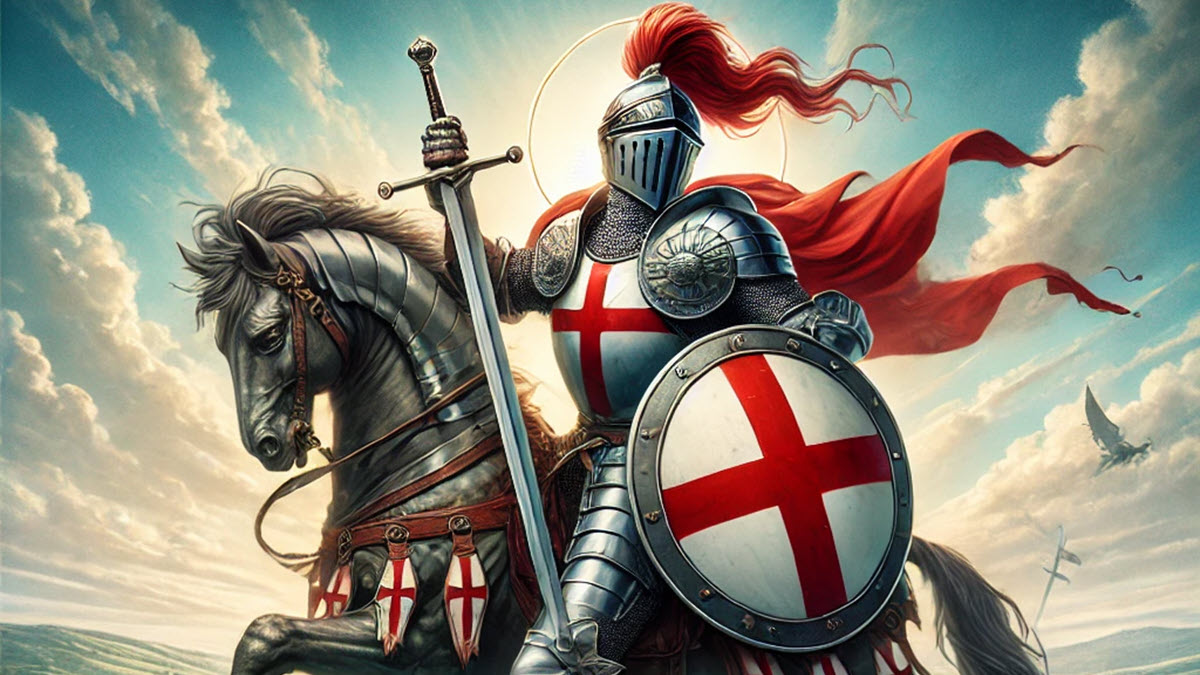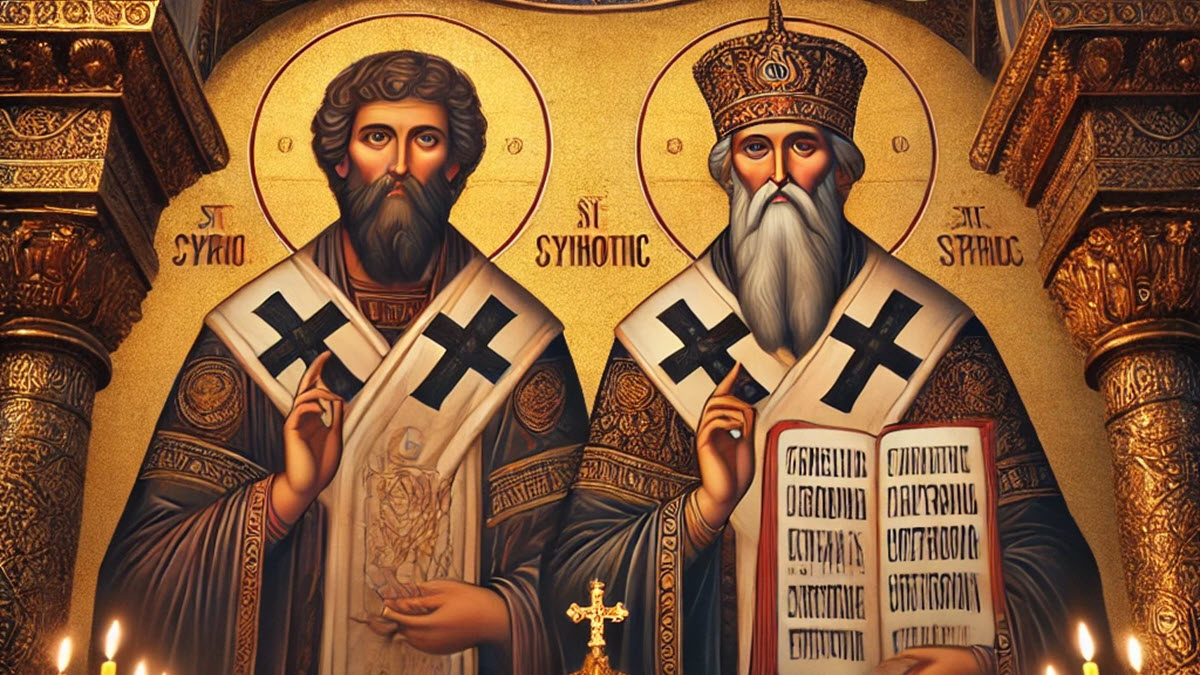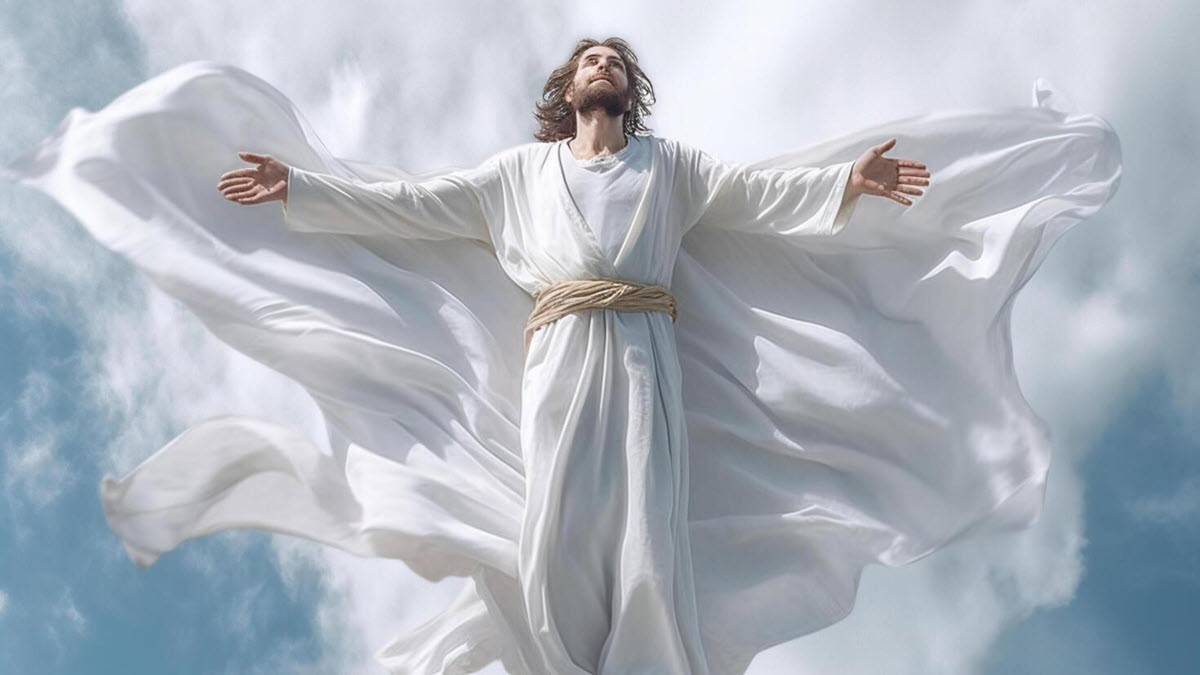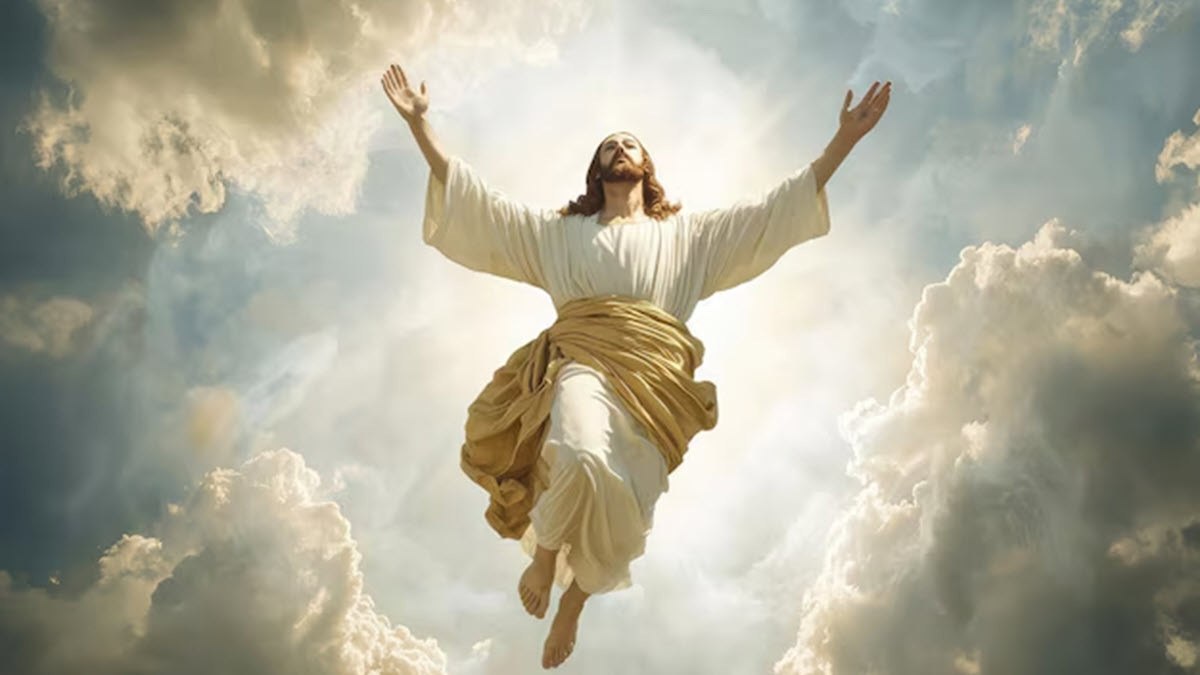Religion Holiday
Orthodox Easter
Orthodox Easter, also known as Pascha, is the most important and joyous celebration in the Eastern Orthodox Church, commemorating the resurrection of Jesus Christ. It is the culmination of Holy Week and the central event of the Orthodox liturgical year.
Easter Monday
Easter Monday is the day immediately following Easter Sunday, observed in many Christian traditions as part of the Easter celebrations. It holds religious, cultural, and national significance depending on the region. Although Easter Monday is not universally celebrated as a major religious holiday, it is recognized as a public holiday in many countries.
Orthodox Easter Monday
Orthodox Easter Monday, part of the week known as Bright Week, is the day immediately following Orthodox Easter Sunday. It is a time of joy and celebration, continuing the jubilant observance of the resurrection of Jesus Christ. The day holds both religious and cultural significance, with traditions varying across Orthodox Christian communities.
St. George's Day in Canada
St. George's Day is to honor St. George, the patron saint of England. It is a public holiday in the province of Newfoundland and Labrador, Canada. Although not widely observed in Canada, it holds significance for English communities and individuals with ties to England.
Easter Tuesday
Easter Tuesday in Western Christianity is not as widely observed as a religious or public holiday compared to Easter Sunday and Easter Monday, but it is part of the Easter Octave, a period of eight days celebrating the resurrection of Jesus Christ.
Orthodox Easter Tuesday
Orthodox Easter Tuesday is part of the extended celebration of Christ’s resurrection in Eastern Orthodox Christianity. It is a day of continued joy and fellowship, following Orthodox Easter Sunday and Easter Monday.
Orthodox St. Cyril and St. Methodius Day
St. Cyril and St. Methodius Day is a feast day celebrated in honor of the Apostles to the Slavs, Saints Cyril and Methodius. It commemorates their missionary work, cultural contributions and role in spreading Christianity among the Slavic peoples.
Ascension Day
Ascension Day, also known as the Feast of the Ascension, is a Christian holy day celebrated 40 days after Easter Sunday, commemorating the ascension of Jesus Christ into heaven. It marks the end of Christ’s earthly ministry and His return to the Father, as described in the Acts of the Apostles and the Gospel of Luke.
Orthodox Ascension Day
Orthodox Ascension Day commemorates Jesus Christ’s ascension into heaven, marking the end of His earthly ministry and His exaltation at the right hand of the Father.
Pentecost
Pentecost, also known as Whit Sunday, is one of the most significant feast days in the Christian calendar. It commemorates the descent of the Holy Spirit upon the Apostles and other followers of Jesus. This event is often referred to as the birth of the Christian Church because it marks the beginning of the Apostles' public ministry to spread the Gospel.









